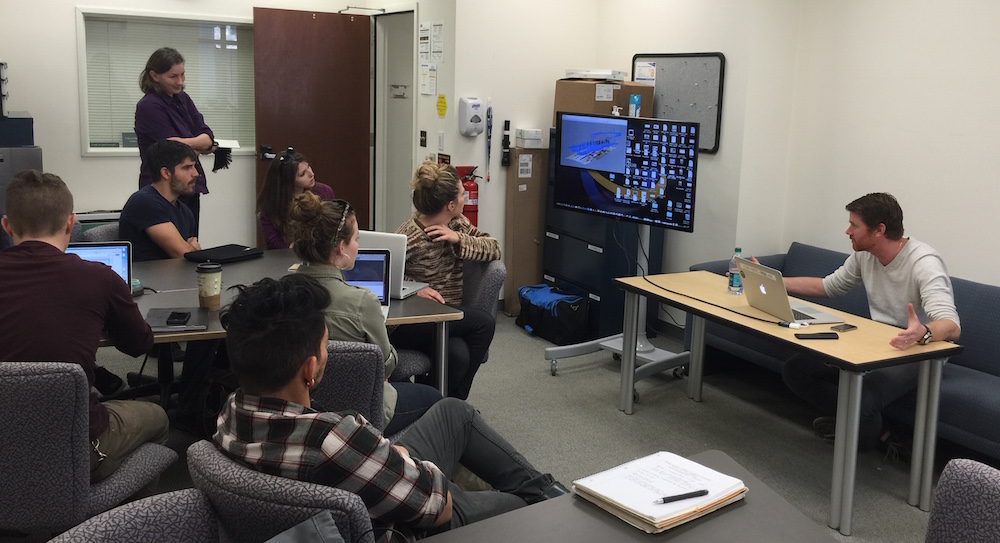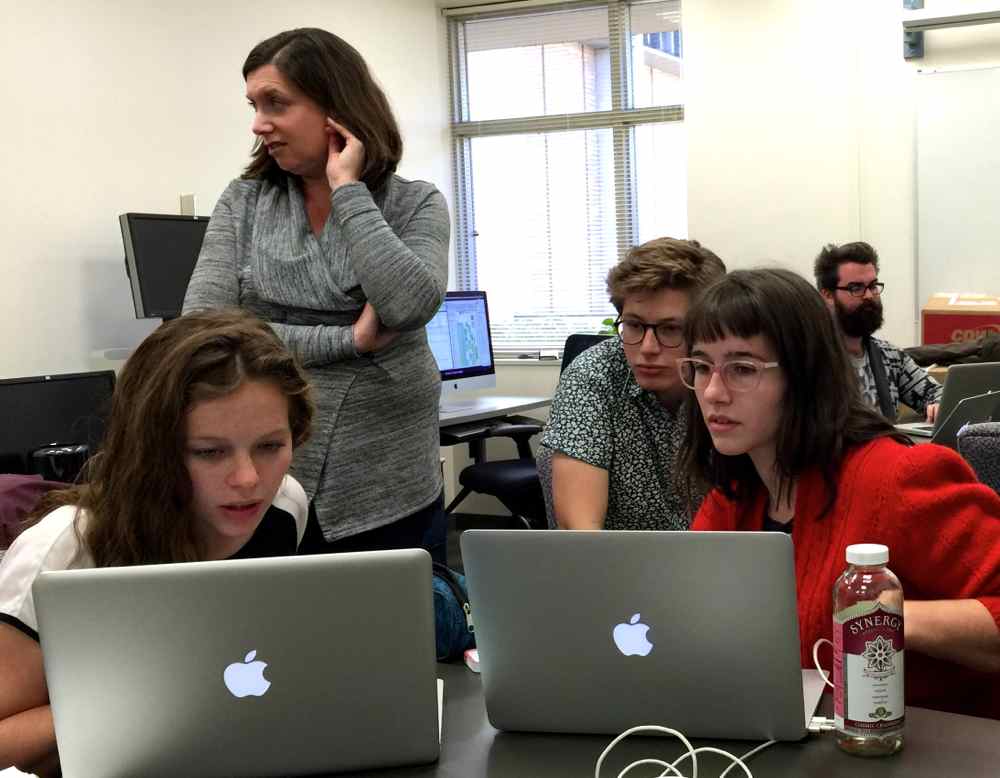Leading Discussion
Learn about and practice proven and effective strategies for posing productive questions and guiding discussion in ways that help students to learn better. This workshop is geared toward graduate Teaching Assistants in the humanities and social sciences, but all are welcome to attend. Meet in the Research Library West Classroom, room 23167. Reserve your place here: https://www.eventbrite.com/e/leading-discussion-tickets-18749206381



